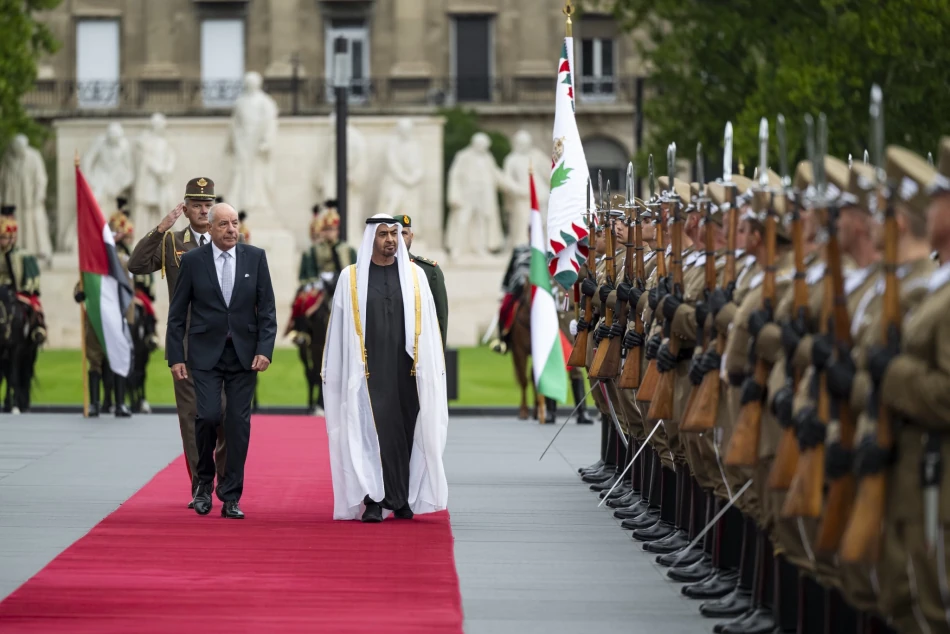
UAE Leader Pledges Continued Developmental Cooperation with Hungary
UAE and Hungary Strengthen Strategic Partnership as Gulf-Europe Ties Deepen
UAE President Sheikh Mohammed bin Zayed Al Nahyan has reaffirmed the Emirates' commitment to expanding developmental cooperation with Hungary during high-level talks in Budapest, marking a significant milestone as the two nations celebrate 35 years of diplomatic relations. The meeting underscores the UAE's broader strategy of diversifying partnerships beyond traditional allies and positioning itself as a key bridge between the Middle East and Europe.
High-Level Diplomatic Engagement in Budapest
During his visit to the Hungarian capital, Sheikh Mohammed bin Zayed held discussions with Hungarian President Tamás Sulyok and Prime Minister Viktor Orbán, focusing on bilateral relations enhancement across developmental and cultural sectors. The UAE leader emphasized on social media platform X that the talks centered on "strengthening bilateral relations, particularly in developmental and cultural fields."
Strategic Timing and Regional Context
The diplomatic engagement comes at a crucial juncture as both nations navigate shifting global economic landscapes. Hungary, as a member of the European Union, represents an important gateway for UAE investments and trade into European markets, while the Emirates offers Hungary access to rapidly growing Middle Eastern and Asian markets.
Economic Diversification Drive
This partnership aligns with the UAE's Vision 2071 strategy, which aims to make the country the world's leading nation by its centennial. Hungary's position as a manufacturing hub in Central Europe, particularly in automotive and technology sectors, complements the UAE's push toward becoming a global logistics and financial center.
Comparative Regional Partnerships
The UAE-Hungary relationship mirrors similar strategic partnerships the Emirates has cultivated with other European nations. The UAE's approach resembles its successful partnerships with countries like the Netherlands and the United Kingdom, where cultural exchange programs and investment flows have created lasting economic benefits.
Investment and Trade Implications
For international investors, this strengthening relationship signals potential opportunities in cross-border infrastructure projects, renewable energy initiatives, and technology transfer programs. Hungary's strategic location and EU membership, combined with the UAE's capital reserves and regional influence, could create attractive investment vehicles for institutional investors seeking exposure to both European and Middle Eastern markets.
Cultural Diplomacy as Economic Foundation
The emphasis on cultural cooperation reflects a sophisticated diplomatic approach that has proven successful for the UAE in building long-term partnerships. By investing in cultural exchanges, educational programs, and people-to-people connections, the Emirates creates sustainable foundations for economic cooperation that transcend political cycles.
This cultural dimension becomes particularly significant given Hungary's unique position in European politics and its sometimes strained relationships with EU institutions. The UAE's pragmatic, business-focused approach to international relations offers Hungary an alternative partnership model that prioritizes economic development over political alignment.
Most Viewed News

 Sara Khaled
Sara Khaled






